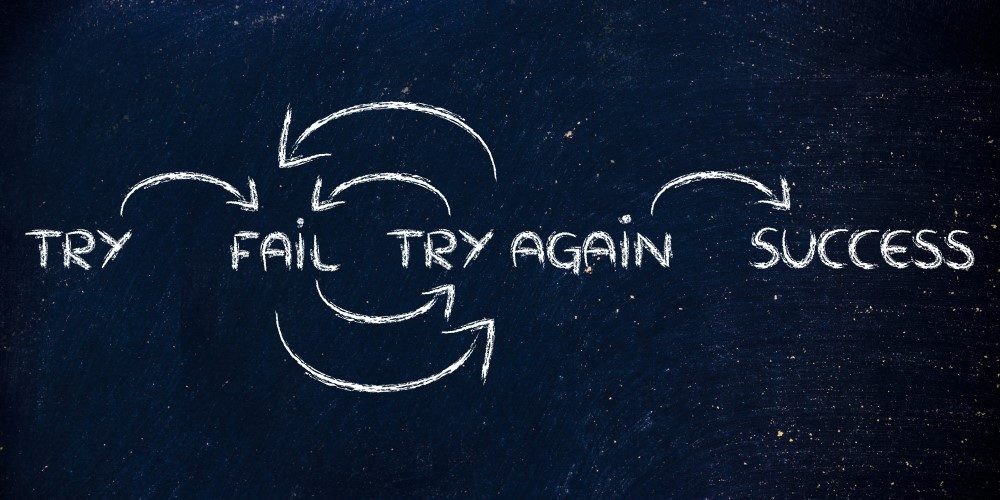“Failure is simply the opportunity to begin again, this time more intelligently.” – Henry Ford
We’ve all been there.
The job interview that didn’t go as planned.
The startup that never took off.
The dream project that ended in disappointment.
Failure stings. It can make us question our worth, our abilities, and even our dreams. But what if we told you that failure isn’t the end of the road—it’s the fuel that powers your growth?
In this blog, we’ll explore how setbacks, mistakes, and failures can actually become your greatest teachers—and how to use them to build the success story you were meant for.
1. Why We Fear Failure
We’re conditioned to avoid failure. From school grades to societal expectations, we’re taught to equate failure with incompetence.
But in reality, failure is not the opposite of success—it’s a part of it.
Think of any successful entrepreneur, athlete, or artist. Behind every win are dozens (if not hundreds) of failed attempts. What separates the greats isn’t perfection—it’s persistence.

2. Reframing the Setback
When something goes wrong, our natural instinct is to retreat or self-blame. But growth happens when we reframe failure as feedback.
Ask yourself:
- What did I learn?
- What can I do differently next time?
- How did this experience make me stronger?
Failure becomes powerful when you shift from “Why me?” to “What now?”
3. The Growth Mindset Difference
According to psychologist Carol Dweck, people with a fixed mindset believe their abilities are static, while those with a growth mindset see challenges as opportunities to develop.
If you want to succeed in life, business, or any passion:
- Embrace effort
- Learn from criticism
- Celebrate progress, not perfection
Failure isn’t fatal. It’s formative.
4. Real-Life Examples: From Rock Bottom to Breakthrough
- Thomas Edison failed over 1,000 times before inventing the lightbulb.
- J.K. Rowling was rejected by 12 publishers before Harry Potter became a global phenomenon.
- Michael Jordan was cut from his high school basketball team—but used that failure to fuel his legendary work ethic.
These stories aren’t rare—they’re reminders that failure doesn’t disqualify you. It qualifies you.
5. Turning Failure Into Fuel: 5 Practical Steps
- Own It – Don’t deflect or deny. Acknowledge your mistake with honesty.
- Reflect – Journal or debrief to identify what went wrong and why.
- Adjust – Modify your strategy, not your goals.
- Stay in Motion – Action beats overthinking. Keep going, even if the pace is slow.
- Surround Yourself with Growth-Minded People – Find mentors, friends, and communities that value resilience over results.